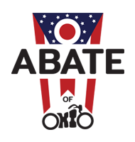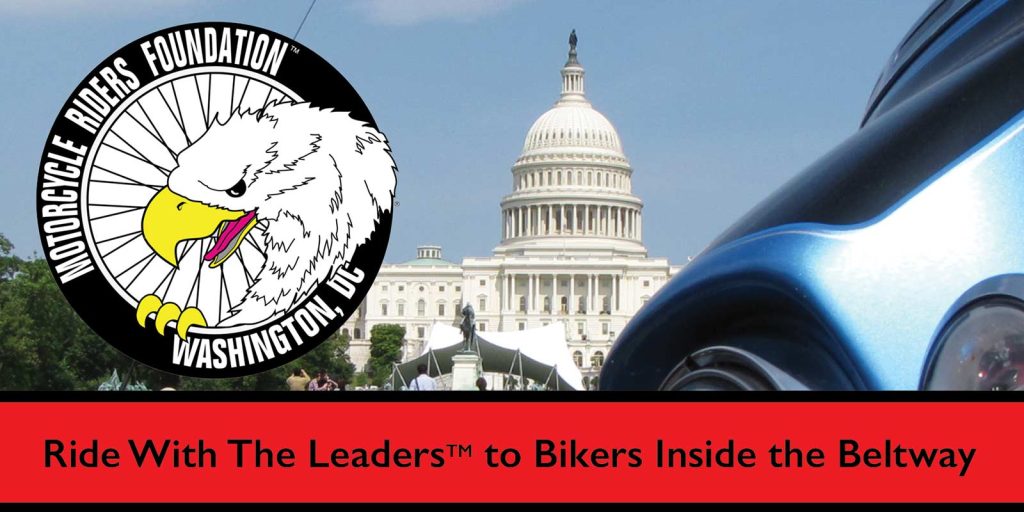| Earlier this year, the U.S. Supreme Court heard arguments in a case that could upend the current regulatory framework in Washington, D.C. The current case is questioning a 40-year-old precedent that impacts all three branches of the federal government. A 1984 court case involving Chevron and the National Resources Defense Council created a legal principle known as Chevron deference. Chevron deference compels federal courts to defer to a federal agency’s interpretation of an ambiguous or unclear statute that Congress delegated to the agency to administer. In other words, they give executive agencies like the U.S. Environmental Protection Agency (EPA) or the National Highway Traffic Safety Administration (NHTSA) wide latitude to shape policy on issues that Congress has not explicitly mandated, and the court system is limited in stopping them. |
| Chevron deference has been used in more than 19,000 cases – Center for American Progress |
| Why does this matter to bikers? In recent years we have observed officials at the EPA and NHTSA use the regulatory process to achieve policy goals that impact us. One obvious case is the use of rulemaking to make the internal combustion engine (ICE) extinct. The EPA, through emission standards, and NHTSA, through fuel efficiency benchmarks, have tried to shape transportation policy that favors electric vehicles over those powered by fossil fuels. In this case, the House of Representatives has attempted to push back on this overreach by passing legislation to block the proposed rules. However, the immense and growing power of unelected bureaucrats remains a threat. The system of checks and balances that the Founding Fathers established must be preserved. Limiting which court cases can be heard and deferring to the decisions of the Executive Branch allows the agency to be the ultimate decision maker. This policy could dramatically alter the action away from the original intent and circumvent congressional control. The Motorcycle Riders Foundation will monitor this case and await the Supreme Court ruling. This decision could have a lasting impact on how we fight for our priorities as motorcyclists. Ride Safe and Ride Free |


